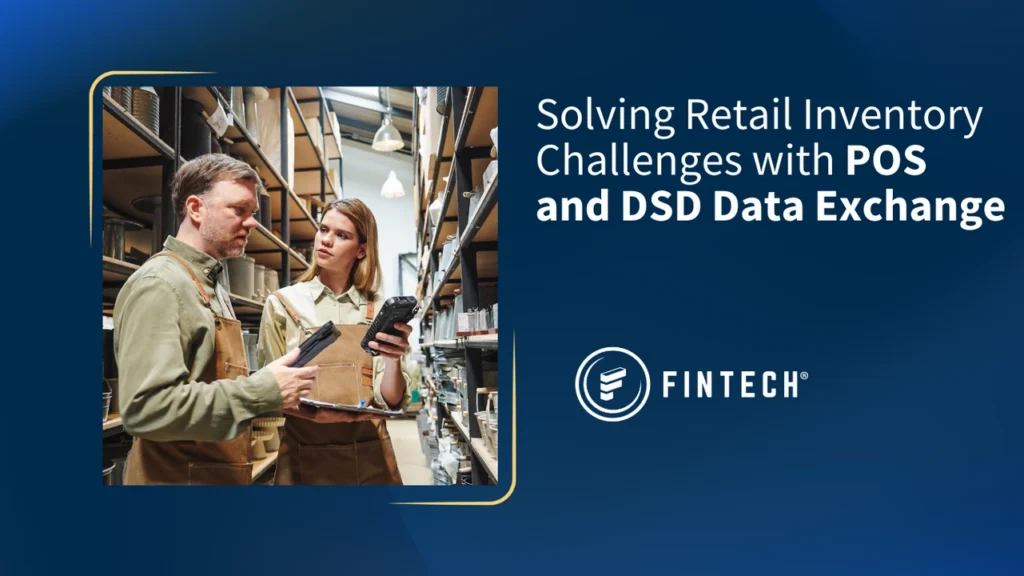Alcohol invoice payments can be confusing depending on the type of alcohol, the location of the business, and the state’s regulatory guidelines for compliance regarding payment terms. There are several common alcohol invoice payment methods, but one that stands out is automated electronic funds transfer (EFT) for multiple reasons. This blog will cover five benefits of using EFT automation for alcohol payments and how it can position businesses for operational success.
What are the Common Alcohol Invoice Payment Terms?
There are two main categories of alcohol invoice payments:
- Term payments: Payment made by a specific date after delivery of alcohol products (e.g., 10, 15, or 30-day terms)
- Cash on delivery (COD): Payment in full upon delivery of the alcohol products
State regulations dictate the timing of alcohol invoice payments, which may differ for beer, wine, or spirit purchases. For example, in South Dakota, alcohol businesses must pay COD for beer but have up to 30 days to pay for wine and spirits. While COD stands for ‘cash on delivery,’ other forms of payment are also accepted at the time of delivery, such as checks, EFT, or money orders.
5 Reasons to Use EFT Automation for Both Term and COD Alcohol Invoice Payments
1) Eliminate Cash and Checks
COD is used in most states, with 33 requiring payment on delivery for at least one category of alcohol. With cash, the business must have the full amount on hand to fulfill the payment obligation, leaving it vulnerable to theft or short payment if it does not have enough to satisfy the payment amount. Plus, a person authorized to pull cash from the safe may need to be present or at the very least leave the payment in the hands of employees present during delivery.
Checks present similar issues because there needs to be an authorized employee present to write the check or the completed check must be left behind with an employee who will be present at the time of delivery. Checks also leave owners and operators susceptible to check fraud, which is a prominent problem for small and medium-sized businesses (SMBs). Roughly 86% of SMBs spent at least one hour addressing fraud issues in 2024, surpassing the 75% rate among general consumers.
Automated EFT payments eliminate these problems by processing automatically on the day payment is due without the need for counting cash, writing checks, or scheduling an EFT payment. COD deliveries are faster, and payment for term deliveries handled effortlessly.
2) Faster and More Secure
The Beer Industry Electronic Commerce Coalition (BIECC) conducted a study on automated EFT payments for alcohol deliveries and found multiple time-saving opportunities for distributors and retailers. Distributors can enjoy an average time savings of 15 minutes per stop, allowing drivers to make productive use of their time. EFT automation also reduces backtracking and double stops on routes when COD payment cannot be collected or if the term payment was not received on time. Not to mention the reduced risk of theft by eliminating drivers’ need to carry cash throughout their routes.
Retailers can spend less time receiving COD deliveries, maintaining accurate levels of cash or checks on hand, or remembering to send a check for on-time payment to stay compliant with state regulations. With distributor drivers in and out of establishments quicker, owners and operators can enjoy fewer business disruptions.
Payments are made faster, too, meaning they are sent and received on the specified due date. This provides better visibility into available cash flow so businesses can make informed purchasing decisions.
3) Consolidate All Alcohol Invoices into One Portal
Businesses can work with many alcohol distributors. As invoices pile up, managing them becomes a burden for manual accounts payable (AP) processes. EFT automation for alcohol invoices allows you to receive digital copies of each invoice in one portal. This makes for efficient invoice tracking and management. Many invoice management systems allow you to store digital invoice history for up to a certain period of time. For example, Fintech’s PaymentSource® provides 15 months of rolling invoice history across all distributors.
4) Reporting Insights
By receiving invoices electronically with automated EFT payments, businesses can also gain access to automated invoice data entry into their accounting or back-office systems. Some third-party automated EFT payment providers, like Fintech, provide detailed reporting insights outlining spend by category or distributor, cost variance reporting which highlights product cost fluctuations, and visibility into products that are moving or purchased most frequently.
5) Staying Compliant
Compliance is a major factor when it comes to paying alcohol invoices or running an alcohol business in general. If a business misses an invoice payment per its state requirement, it could lose its license, face hefty fines, and experience a sales decline or create a negative customer experience if products cannot be purchased to sell. Using automated EFT payments ensures all alcohol invoices are paid on time, every time.
Optimize Your Alcohol Payments with Automated EFT
Automated EFT payments carry a range of benefits for businesses selling alcohol. With time and cost savings, improved invoice management, and easy compliance adherence, automated EFT alcohol invoice payments are the key to unlocking the full potential of any alcohol business. Contact Fintech to learn more about PaymentSource, its flagship electronic invoice payment product, and all it can do for you.






